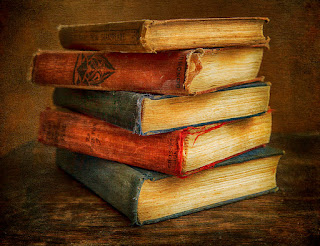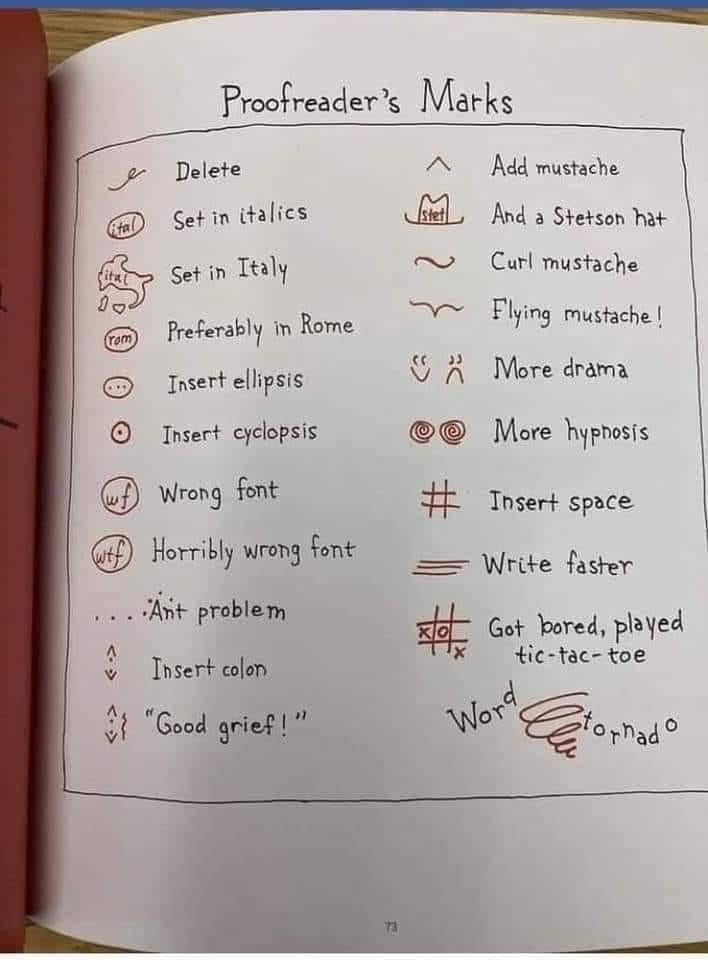I can proudly say that I have been through all of life's main stages in celebrating the arrival of the New Year: Desperately trying to stay up until 12 pm, finally being able to reach the big moment at midnight, celebrating the New Year's arrival without being sober, wondering if I need to stay up until 12 pm, and then just deciding to go to sleep. I haven't done these phases in any particular order and I have backtracked several times, but that's the point - discovering what options you are capable of, then deciding which one is appropriate. As long as several options are available to me, I can do whatever I want.
However, there's another tradition that goes a little differently - New Year's resolutions. Some people make them like they are issuing formal press releases, others quietly consider a few necessary life changes, and some people like me make promises to myself about what I want to differently. Of course, none of these methods have any formal accountability and are even joked about as being readily broken before Valentine's Day, so most people don't take much stock in them. However, I do, and in that regard, I am offering up my resolutions as a writer and why I think they are reasonable goals that anyone can (and should) try.- I want to write more. No surprise here - every writer should have this on their list of things to push forward. The exception here is that I will not promise to write the Great American Novel in 2023 or even start that project. All I want to do is know that I create more. The effects of that will naturally spill down.
- Whenever I read something, I will write something. I want to try and create more, and nothing should be more inspiring than first taking in some words and ideas. Therefore, any time I read something more than a recipe for kung pao chicken, I will take that energy and put it through the creativity mill. This should, of course, also help me with the first resolution as well.
- Lastly, I want to get more people reading and critiquing my work. Whether it involves joining another workshop, finding a couple more people willing to give me input, or including writing segments within my blog posts, I want more feedback. This shouldn't be too difficult, and could take many forms, but it's up to me to find the proper methods or venues. And yes, if this means I find a way to start up my pre-COVID writing workshop, then so be it.
These are simple things and I hope you can pick one or two to include on your list of writing resolutions. You are the only person who will be able to hold you accountable, so choose wisely, then start writing.
Lastly, I will be taking the New Year's weekend and following Monday off, so my next post will be Friday, January 6th, 2023. Happy New Year to all, and may the coming year be something worth writing about.
























